New Course Helps Students Discover Diverse Voices in Latinx Activism
January 6, 2022
Through a collaborative project course led by Cecilia Márquez, students explore Latinx social movements at Duke and beyond

By Devinne Moses ’22
As a scholar of the Latinx experience in America, Cecilia Márquez is passionate about sharing the complexity and excitement of this field with her students. Shortly after coming to Duke, where she is the Hunt Family Assistant Professor of History, Márquez joined the inaugural cohort of the Collaborative Project Courses Faculty Fellows Program to consider innovative new ways to teach this rich material.
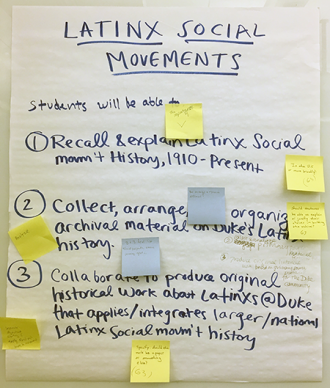
Through the fellowship, Márquez redesigned her undergraduate course on the history of Latinx activism from the 19th century to present day. Her goal was to create a hands-on learning experience in which students could work together on small teams to examine archival materials and oral histories on the history of Latinx activism at Duke, and then create a public-facing digital project.
Launched in 2019-2020 through a partnership between Duke Learning Innovation and Bass Connections, the Faculty Fellows Program supports faculty in designing project-based courses in which student learning is driven by collaborative research, analysis and communication. These projects create demanding challenges that put students’ skills to the test while also creating opportunities to engage with the surrounding community in meaningful ways.
For Márquez, the fellowship allowed her to set aside time to think deeply about how she wanted to reconceive of her course, and provided a supportive environment where she could get feedback on her revised syllabus and new course plan.
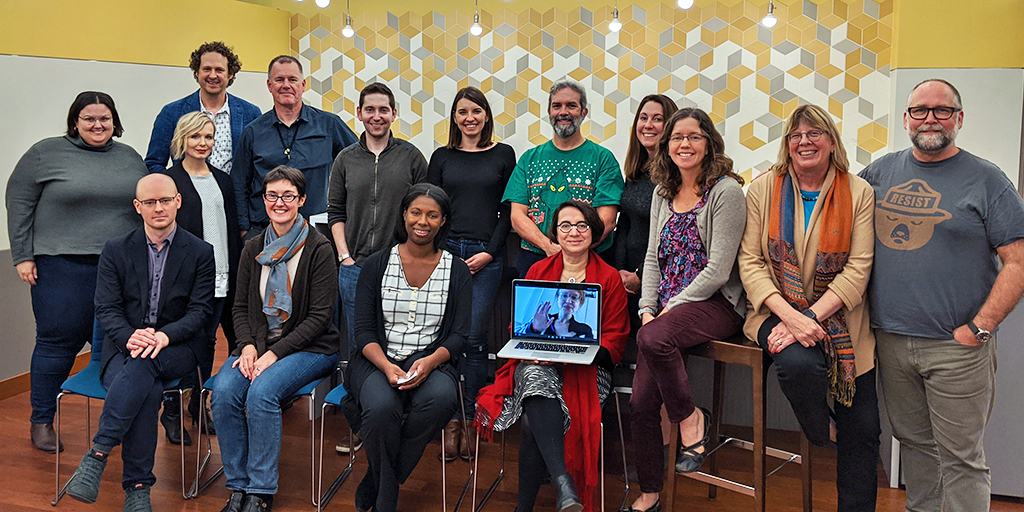
“Teaching is a real skill we’re not often given a lot of guidance in,” said Márquez. “What was really exciting to me was to be gathered with all these people across different disciplines who are similarly committed to figuring out how to integrate active problem-based learning into our classroom.”
She taught her redesigned course, History 366S: Latinx Social Movements, in Spring 2021. The course follows the history of Latino/a organizing from the 1940s to present day, beginning with the Chicano movement in the 1940s to present day activism like UndocuQueer.
Nathalia Compresperez took the course as a first-year student. “I feel like there’s not enough classes detailing the history of Latinx people, and especially not many being taught by Latinx people themselves,” she said. “It was a really great opportunity for representation and learning about yourself.”
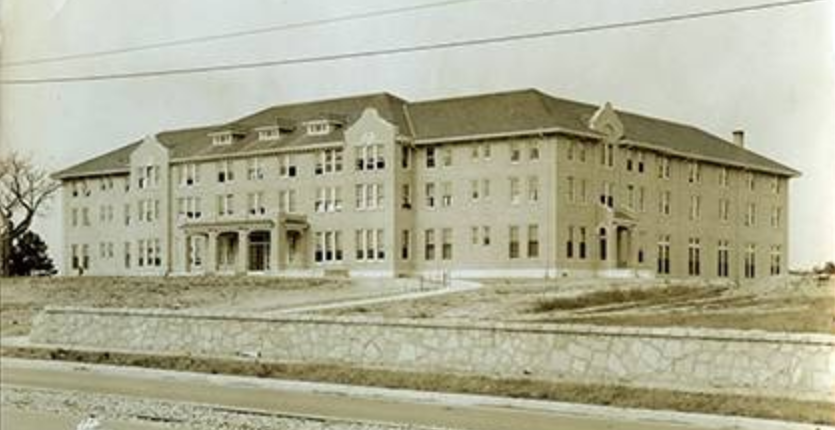
The project-based course was engaging for students, especially during a time when many classes were held online due to the pandemic. For many students, the course exceeded their expectations by creating a welcoming space to learn more about one another.
“We were able to create a vulnerable and safe environment to talk about personal experiences as well as the academic assignments,” said Isabel Lewin-Knauer, another student from the Spring 2021 class. “Professor Márquez had a very fresh perspective and a real desire to engage with us. The project aspect was different but that came from her genuine passion for it.”
“There’s a lot of emotional goals being met,” Márquez recalled. “[Because of the pandemic], most students weren’t able to talk to each other in informal ways, so the classroom became much more important as a space of coming together and community. The project-based method worked because students got really committed to their groups and developed deep relationships with each other.”

One of the main assignments was to produce a digital project to be featured in Duke Libraries. The resulting exhibit, a collaboration between Márquez’s class and Joan Munné’s Spanish for Heritage Learners course, is titled Our History, Our Voice: Latinx at Duke.
“It was exciting for students to know that something they were working on in class would have an audience,” said Márquez, highlighting the importance of the exhibit. “Students really value feeling like their work has meaning and purpose beyond the classroom, and I think the exhibition offered that to them.”
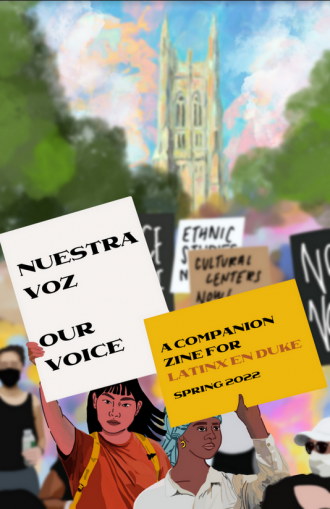
The exhibit will open on January 10 in the Jerry and Bruce Chappell Family Gallery, near the main entrance of Perkins Library. Presenting a multifaceted history of the Latinx experience including challenges, inequities and prejudices, it will also celebrate the Latinx community, tell human stories and share accomplishments.
“It’ll be so exciting to see it come to fruition,” said Lewin-Knauer. “We all became pretty close because of the work that we did. It’ll be cool to meet everyone in person and be able to actually see our final product.”
For many students, Latinx Social Movements was an enriching experience in and out the classroom. The course shines an important light on the many diverse communities within the broad umbrella of “Latinx” and has helped shift students’ perspectives on Latinx activism in the U.S. and at Duke.
“The course and the exhibit both try to add in the diversity component of Latinx people,” Compresperez said. “Within the Latinx community there are a lot of people who are silenced just because they don’t necessarily fit into what people believe Latinx people should be. I always want to keep that in mind and make sure that I’m not speaking over communities that aren’t often heard.”
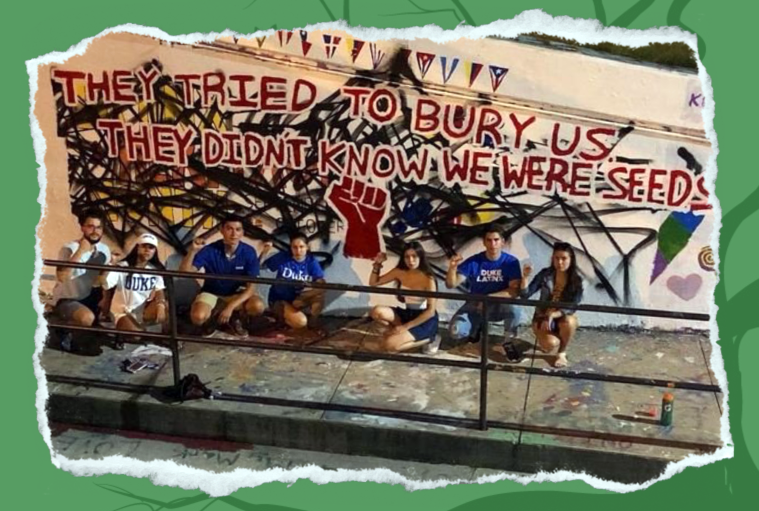
Devinne Moses is a content creator for Bass Connections and Interdisciplinary Studies. He is also a senior studying English, psychology and creative writing, and he primarily enjoys highlighting students and their work across Duke’s campus and beyond.
Learn More
- Faculty members can apply for the next cohort of the Collaborative Project Courses Faculty Fellows Program by February 14.
- The Collaborative Project Courses Course Design Resource Center is available to all faculty.
- Browse other Bass Connections courses.
- Update: View this exhibit online.
